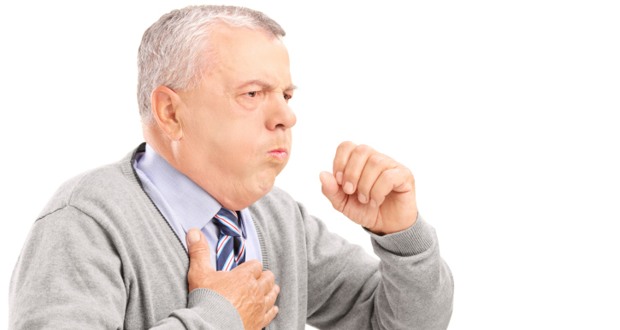Did you know that adults can also suffer from the condition called whooping cough, even though it is most commonly associated with babies and children? Whooping cough, or pertussis, is a bacterial infection that affects the airways and lungs, and it is very contagious. Find out more about whooping cough and what you can do to treat the condition.
What is Whooping Cough?
Whooping cough normally starts as a dry and highly irritating cough that keeps getting worse until you suffer from severe coughing fits. After a cough, you gasp for breath and the “whooping” sound is where the name of the infection comes from. In addition to the distinctive cough, you may suffer from a high temperature, a runny nose, or bouts of vomiting. Coughing is intense and can draw out for up to three months.
Causes of Whooping Cough
This condition is caused by the Bordetella pertussis bacterium, a type of bacteria that infects the airways – the trachea and the bronchi (windpipe and the airways that travel from the windpipe to the lungs). When the bacteria infects the airways it causes a thick lining of mucus to build up, which is responsible for the coughing. The body attempts to get rid of the mucus through coughing. The bacteria also cause swollen airways and breathing difficulties.
Whooping cough is contagious, so you can get infected if you are exposed to bacteria in water drops in the air, which are emitted by coughs and sneezes.
Whooping Cough Treatment
The standard whooping cough treatment is a course of antibiotics. The treatment is usually prescribed when the infection is within the first 21 days – this is the time when you are more likely to pass the infection on to others and it is very important to attempt to stop the spread of the disease. It is particularly important for an adult to not pass on the infection to a young child or baby. Adults with whooping cough should stay away from work for five days following the start of the course of antibiotics. Anyone else in the house, or those working closely with the affected person, should be given a course of antibiotics to cut down the risk that they also get infected.
However, if you have been coughing and have had the standard whooping cough symptoms for two or three weeks, you are not likely to be given antibiotics as you won’t be infectious anymore. You can try to feel better by taking some at-home self-care methods including getting plenty of fluids and rest. You can also relieve symptoms of the infection such as a fever or a sore throat by taking painkillers.
Article submitted By Community Writer





